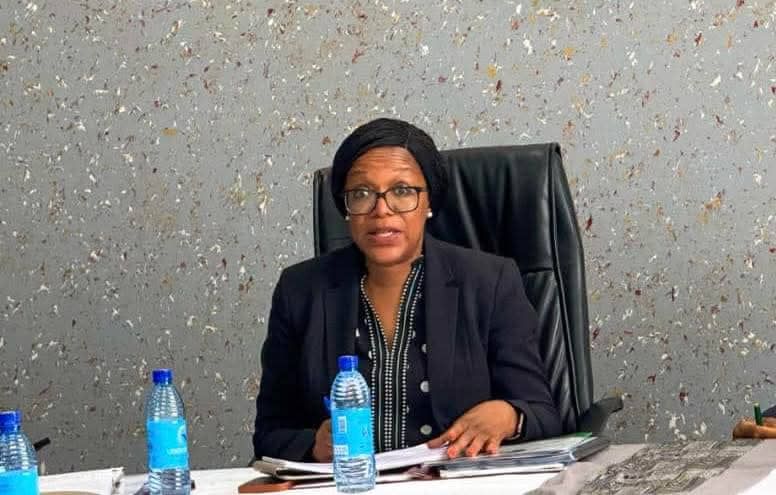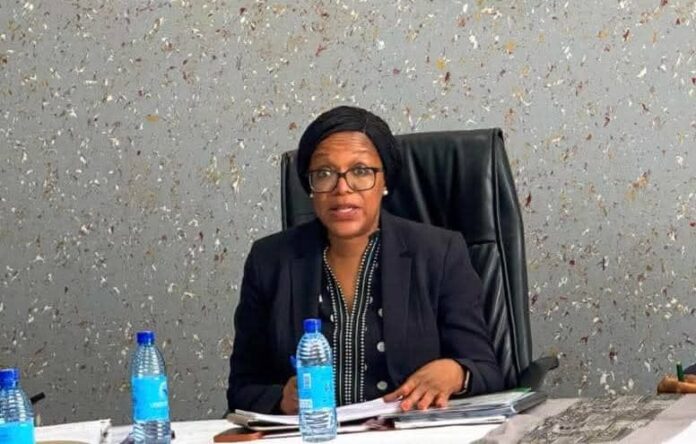By Burnett Munthali
Two weeks after the contentious issue surrounding the election management system erupted at the Public Affairs Committee (PAC) conference in Blantyre, the Malawi Electoral Commission (MEC) has taken a significant yet controversial step by reviewing the scope of engagement for political parties.
This move, intended to clarify MEC’s position and possibly ease political anxieties, has instead reignited frustration among stakeholders, particularly political party representatives.

At the heart of the matter is the widespread concern that MEC is not doing enough to uphold transparency and inclusivity in the development and implementation of the new election management system.
Political parties and civil society actors argue that meaningful consultation is vital if confidence in Malawi’s electoral processes is to be restored ahead of the next general elections.
However, it is important to acknowledge that MEC, as the constitutionally mandated body to manage elections, must maintain a balance between operational efficiency and broad-based stakeholder involvement.
In its review of the scope, MEC may have sought to streamline procedures and assert its authority in areas it considers technical or sensitive, such as system architecture and vendor selection.
But in a politically fragile context where electoral credibility remains a sore point, such decisions must be handled with extra caution, ensuring that even well-intentioned actions are not perceived as exclusionary or authoritarian.
It is therefore unfortunate that what could have been a moment for bridge-building has instead deepened suspicion between MEC and its stakeholders.
That said, MEC still has an opportunity to recalibrate its approach, by re-engaging political parties through genuine dialogue and clearer communication about its intentions and constraints.
Political actors too must approach these discussions in good faith, focusing not only on institutional criticisms but also on proposing practical solutions that serve the national interest.
For the democratic process to thrive, all sides must commit to a shared vision of electoral integrity—one rooted in trust, transparency, and collaboration.
Ultimately, the success of the next election will depend not just on technology or legal frameworks, but on the ability of institutions and actors to work together in the spirit of national unity and democratic responsibility.



